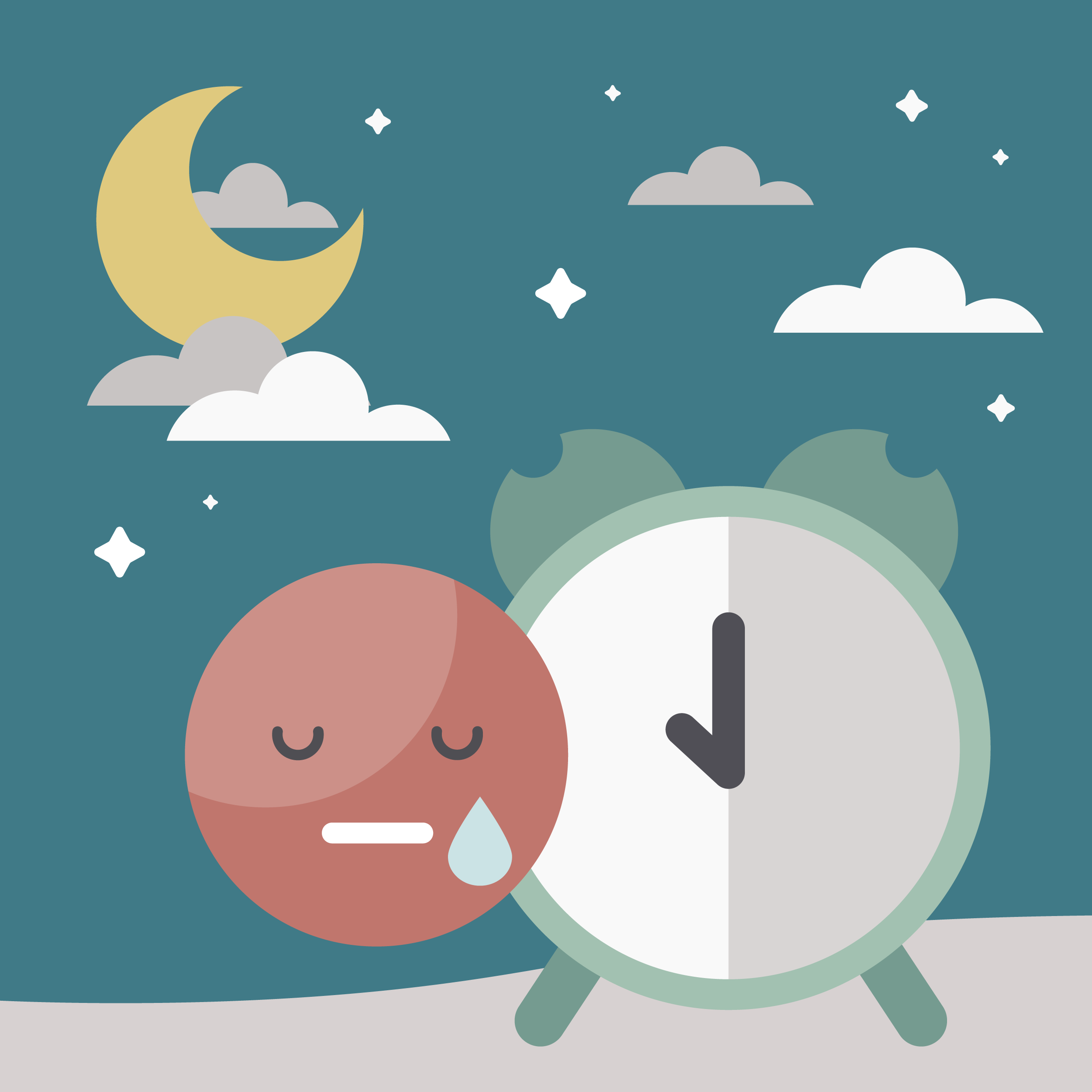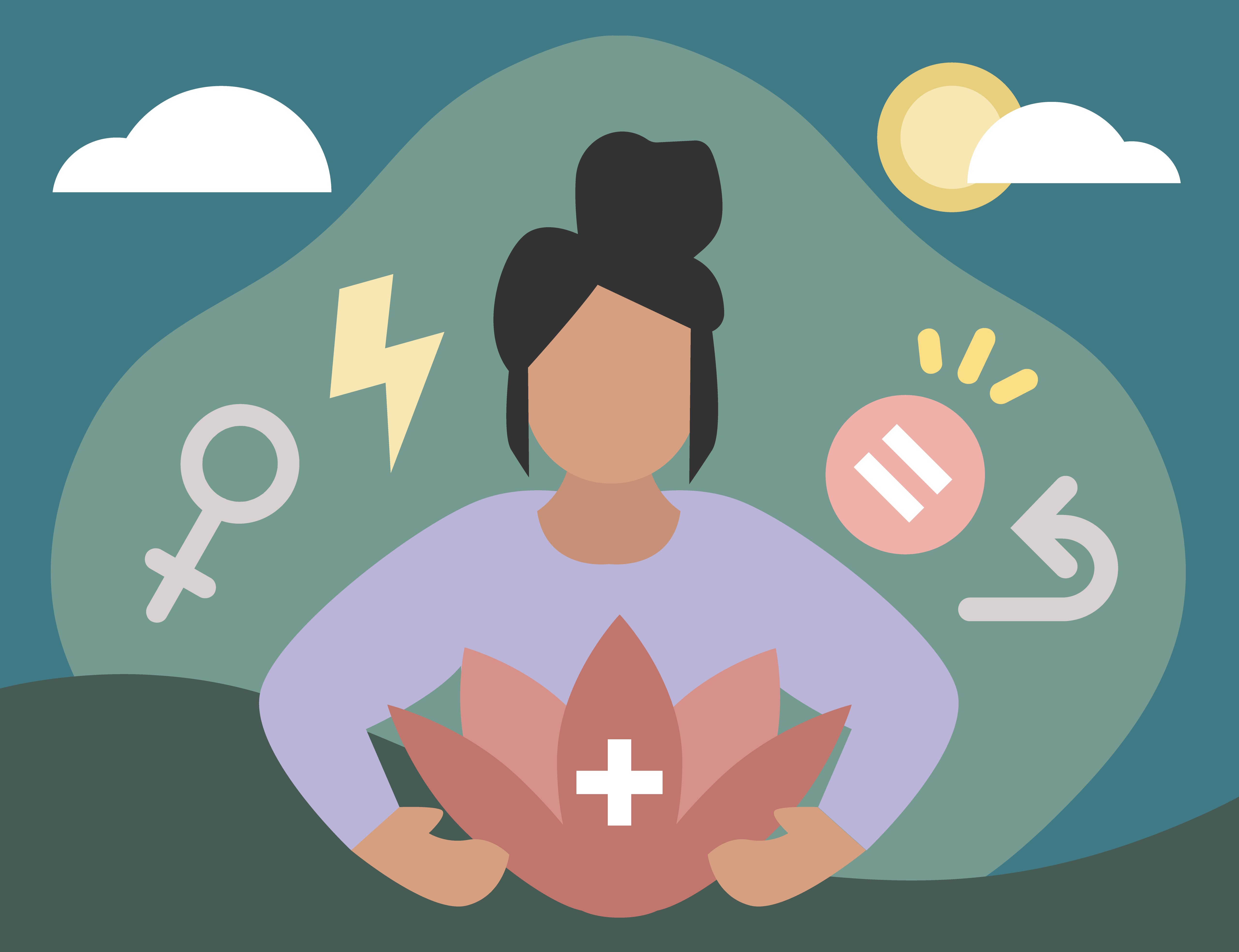Menopause is a natural part of ageing for women, typically occurring between 45 and 55. It marks the end of menstrual cycles and comes with hormonal changes, especially a drop in oestrogen and progesterone.
These shifts can affect both physical and emotional health. Here’s a look at how menopause impacts mood and the treatments available, like Hormone Replacement Therapy (HRT) and talking therapies.
Hormonal Changes and Mood
During menopause, hormone levels drop, which can cause:
 Mood Swings: Sudden shifts in mood can leave you feeling happy one moment and upset the next.
Mood Swings: Sudden shifts in mood can leave you feeling happy one moment and upset the next.
- Anxiety and Depression: Lower oestrogen can lead to anxiety and depression due to changes in brain chemicals like serotonin.
- Sleep Issues: Hot flashes and night sweats can make it hard to sleep, worsening mood swings and irritability.
- Concentration Problems: Women may experience difficulty focusing or remembering things, which can increase stress.
How HRT Can Help
Hormone Replacement Therapy (HRT) replaces oestrogen and progesterone to ease menopausal symptoms.
It can:
- Stabilise Mood: By balancing hormone levels, HRT can reduce mood swings and anxiety.
- Improve Sleep: HRT helps with hot flashes, improving sleep and energy.
- Boost Energy: Many women report feeling less tired and more positive after starting HRT.
- It’s important to consult with a doctor to see if HRT is right for you.
Talking Therapies
Talking therapies can also help manage emotional symptoms.
Options include:
- Cognitive Behavioral Therapy (CBT): Helps change negative thought patterns that contribute to anxiety and depression.
- Mindfulness: Practices like meditation and deep breathing help reduce stress and improve sleep.
- Support Groups: Sharing experiences with others provides emotional support.
- Counselling: One-on-one sessions with a therapist can help manage mood changes and improve self-esteem.
Finding What Works
Each woman’s experience with menopause is unique. Some may find HRT helpful, while others benefit from talking therapies, or a combination of both. Seek guidance from healthcare professionals to find the best approach for you.




